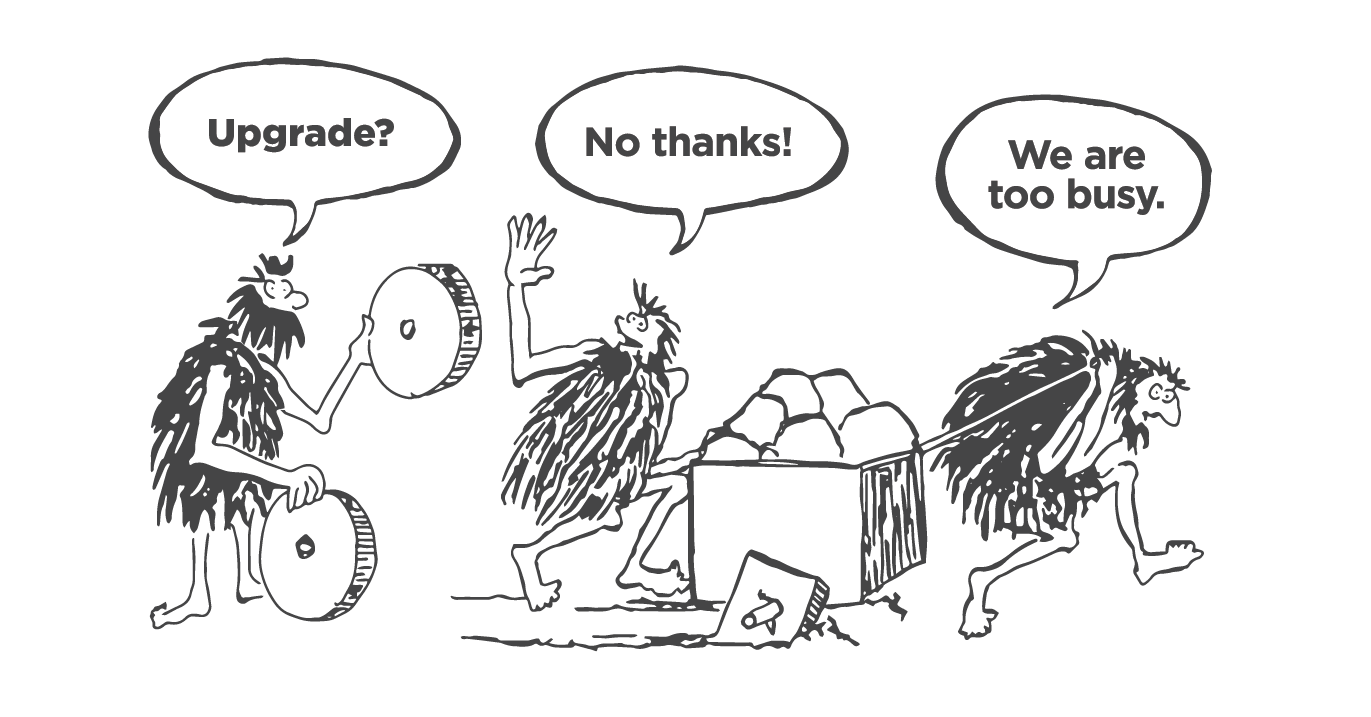
Running your own business is like walking a tightrope: you’re risking a nasty fall unless you keep things in balance. This goes double when you’re thinking of bidding on a job. On one hand, you don’t want to price yourself out of reach. On the other hand, you expect (and deserve) to make a decent profit. How do you keep from going too far in one direction or the other?
Part of the secret is knowing which jobs aren’t right for you. That’s not to say they’re bad opportunities; in fact, they might be the perfect choice for one of your competitors. But, as with any kind of matchmaking, what’s heaven on earth to one contractor or sub-contractor is more like a sojourn south of the border to another. With that in mind, here are three signs that the job isn’t worth your time – or your construction bid.
Warning Sign #1: You’re Looking at a Race to the Bottom
The construction industry is a lot of things. One thing it’s not, however, is a commodity business. By “commodity” we mean a product or service that’s essentially the same from one provider to the next.
To see what we’re talking about, consider the market for gasoline. There’s a reason why gas stations post the daily prices in huge numbers. They know that motorists only care about how much it will cost to fill their tank, not about what refinery the fuel came from. In the popular mind, gas is gas.
That’s fine when it comes to fuel. But it’s the kiss of death when applied to construction companies like yours. Sadly, some contractors approach the bidding process like a commodities exchange. They slash margins to the bone in an attempt to undercut their rivals.
More often than not, however, this approach comes back to haunt them – like when they’re upside-down in a job that’s costing them twice as much as they figured.
The last thing you want is to join these contractors in a race to the bottom. So, when you see a bidding process that’s dominated by your local “low-cost leaders,” it’s probably best to steer clear of it altogether.
One possible exception to this rule is if you have a unique advantage in your corner. For example, let’s say the prospective client is looking for a contractor to retile her office floor. You just happen to have thousands of square feet of the tile she likes sitting in your warehouse gathering dust, leftover from a past project.
In such cases, it may be worth your time to compete on price. Otherwise, though, you’ll come out ahead by sticking with jobs that offer reasonable room for profit. Not only will this put more money in your pocket, but it will also allow you to exceed your customer’s expectations, which is a great way to earn positive references.
Warning Sign #2: The Property Owner or GC Insists on Cutting Corners
Every sane person wants to save money. But not all cost-cutting strategies make sense. To see why, imagine how the new owner will react in a year or two when the wall collapses and his building is flooded. He will blame the person who sold him the property, who will then blame you. “It was the contractor who built that blankety-blank wall. I told him to spare no expense. He cheated both of us!”
There’s no way you can win in that situation. At the very least, your reputation will take a beating. At the worst, you will be back on the site rebuilding the wall, the right way this time, and paying for it out of your own pocket. Bye-bye profit margin, hello huge headache.
There are good reasons why the construction industry is subject to stringent regulations. Trying to do things on the cheap will only add heft to the final price tag. If your potential client doesn’t see things this way, then you may want to say, “thanks but no thanks.”
The same goes if you’re a sub-contractor tempted to work with an unscrupulous GC. Maybe you only poured the foundation. You could still be tainted by the storm that follows, if the roof caves in or the wiring causes a fire. Work only with other reputable people and you’ll sleep better at night.
Warning Sign #3: The Job Takes You Too Far from Your Home Turf
Have you ever spent time in the great state of Minnesota? The locals are friendly and the scenery can’t be beat. On the other hand, the weather can be brutal on people unused to freezing temperatures for months on end.
Then there’s Charleston, SC, another great place with wonderful folks and lovely things to see. Go there in August, however, and you’ll think you’re trapped in a sauna with no exit door. It can be almost impossible to keep your sanity, especially for someone raised in a more moderate climate.
Factors like these have a bigger impact than you might think. Climate, geography, topography, population density, etc., can have unforeseen and substantial consequences for your overhead, especially if you’re thrust into unfamiliar surroundings.
The same principle applies to your areas of expertise. If you find yourself thinking, “Well, I guess I could figure out how to give the customer what she wants,” then you’re looking at a job outside your proper domain. Skip it altogether and look for greener pastures elsewhere.
The Bottom Line
Bidding is a complex process. In calling for caution, we’re not trying to discourage you from challenging yourself. Success is all about testing your limits and growing in new ways. But, when the job calls for things you simply don’t have, or when the cost is too much to bear, then it’s probably best to pass it by. You’ll find plenty of other opportunities that are right up your alley. Best of luck to you and keep your eyes on the prize.











